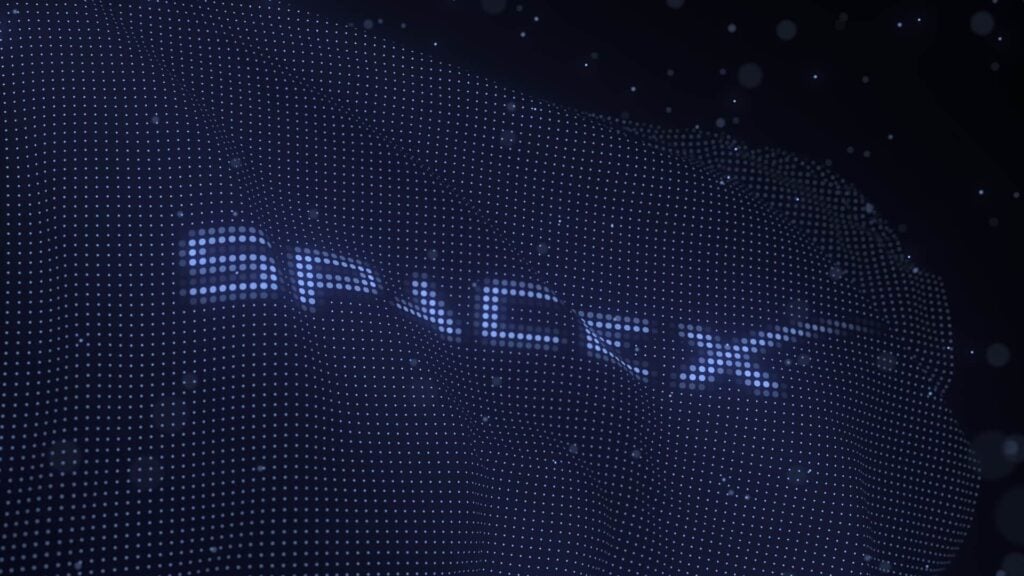The Six Five team discusses Twitter 2023.
If you are interested in watching the full episode you can check it out here.
Disclaimer: The Six Five Webcast is for information and entertainment purposes only. Over the course of this webcast, we may talk about companies that are publicly traded and we may even reference that fact and their equity share price, but please do not take anything that we say as a recommendation about what you should do with your investment dollars. We are not investment advisors and we do not ask that you treat us as such.
Transcript:.
Daniel Newman: You and I are probably not going to make a ton of friends here, but I listened to the All-In pod this week. I don’t know about you. Then guess who showed up? Because obviously, David Sachs and Elon Musk are clearly close. I think David was in the Twitter building when he did this, but I started listening and stepping out from all the emotional response that we’re getting. All the emotional and the anger about Elon, and just listen to the product story.
Whether it’s been the ability to start to link personal and business accounts together, whether you’re starting to see the ability for it to track. By the way, I love the data and sometimes I hate it, because when my tweets get a lot of action and I see great numbers, I love it. When they just pass through the stream without much engagement, I’m sad and bitter that people can see how poorly my tweet has performed. I’m looking at some of the infrastructure things he’s been able to do.
Because by the way, to get realtime stats, he said it was something like three million operations per second or something that needs, so his ability to update product features, infrastructure and Twitter’s humming. I know everybody’s really pissed, but Mastodon’s not going to be a thing. I’m just going to tell you that. Elon Musk may actually… God, I know everyone, people hate him right now and I know it’s all political, but he’s good at product. I think Twitter might actually be better in 2023. What’s your thoughts, Pat?
Patrick Moorhead: I think that Elon was looked at as a savior for saving the planet with its Tesla cars. He was given accolades and he was on the front cover of magazines. But now that he comes in and shows that he is more of a centrist, he’s getting attacked, which doesn’t surprise me a bit. The challenge though is it’s going over to the attitudes of Twitter. There’s nothing that Elon Musk said about what to expect from Twitter, that’s not actually happening.
In fact, he went out of his way to say we’re going to be making a lot of changes. We’re going to screw up some things. Okay, give us a little bit of grace on that. He outed what people said weren’t happening. In fact, Jack up on Capitol Hill said that shadow banning wasn’t happening, but in fact, it was happening. That really is irritating a bunch of the folks who tend to lean left. Here’s the guidance that I’m giving on Twitter to brands, which is go where your users are.
If your users are getting out of Twitter, then the importance for you to be on there is going down. If they’re still on Twitter, I don’t know half of them, three quarters of them, you need to stay on Twitter because your competitors likely will. What are you going to do? Take your thing to a Mastodon that gosh, if I hear whether it’s on the right or on the left, “Hey, we’re going to build this new.” What is that, like the Truth Social or something? That’s not doing very well.
Daniel Newman: Let’s build platforms, Pat, to make sure that there’s never any discourse. Let’s only just build echo chambers now.
Patrick Moorhead: No, I think that sounds terrible. If you’re a brand, I mean get off at your own. Beware, what are you going to go to? Something that is run by the Chinese that you have an even less percent of chance of probably getting what you want.
Anyways, be careful out there. I think at the end of 2023, Twitter will be looked at, it’ll be so boring because it will be successful, and people will come back to the platform that we won’t even be talking about it.
Daniel Newman: If I could just say one more thing. This is a little out of school for me, but maybe ’23 will be a new year for me. When you’re reading these files, the things that have been released, and I know a lot of people. To me, isn’t there a point where we all have to look at ourselves and say it’s possible that two things are happening, both of which I agree or disagree with and they can be politically opposite. For instance, you could say Donald Trump, Trump played a part of inciting a coup or a hostel, or whatever you want to call it, an insurrection.
You could actually look at the media, look at the news, look at the story, look at the data and say that happened. You could also look at these files about COVID that have come out, and say that’s scary that they went to such lengths to try to hide potential information from the population that was being provided by real credible experts in the field because it simply didn’t go along. What I’m saying is it’s weird how you can’t, and in this case see both things.
That’s to me feels like how we arrive at the center, is at some point you have to be able to realize that people on the right and the left do things both right and wrong. It’s not always just one side. People will completely, we talked about it with the Apple and China, Pat, because people want their iPhones. They right now happen to maybe see a different dictator as the problematic one, we completely give a pass to the other. My point is, can’t we see both as bad or good, or one is good, you know what I mean?
But I don’t know, it’s very interesting to me that we’ve lost the ability for nuance, lost the ability for subjectivity in these kinds of things. When I see both of these in both of those examples as problematic.
Patrick Moorhead: Yeah, that would be great. I did grow up in a world where thank goodness, that there was nuance and there was discussion. There was common belief and common view on something that brought the country together. I am hoping that will come in 2023, but quite frankly, I think there’s like a 0% of that happening. There have been, if you look historically over 500 years in society’s abilities to gel, it either comes at a huge weather event, a war or a sickness event.
We took COVID and we actually turned that into a way to bifurcate even more than we were before. The two other, the war thing is just too awful to think about because it would likely be a conflict with China or a nuclear war with Russia. Anyways, I am going to try to do what I can do to be as balanced as I possibly can, and look at it from all sides critically with fact and history, and things like that. I’ll admit, sometimes I get sucked in multiple directions at the same time.
Author Information
Daniel is the CEO of The Futurum Group. Living his life at the intersection of people and technology, Daniel works with the world’s largest technology brands exploring Digital Transformation and how it is influencing the enterprise.
From the leading edge of AI to global technology policy, Daniel makes the connections between business, people and tech that are required for companies to benefit most from their technology investments. Daniel is a top 5 globally ranked industry analyst and his ideas are regularly cited or shared in television appearances by CNBC, Bloomberg, Wall Street Journal and hundreds of other sites around the world.
A 7x Best-Selling Author including his most recent book “Human/Machine.” Daniel is also a Forbes and MarketWatch (Dow Jones) contributor.
An MBA and Former Graduate Adjunct Faculty, Daniel is an Austin Texas transplant after 40 years in Chicago. His speaking takes him around the world each year as he shares his vision of the role technology will play in our future.







